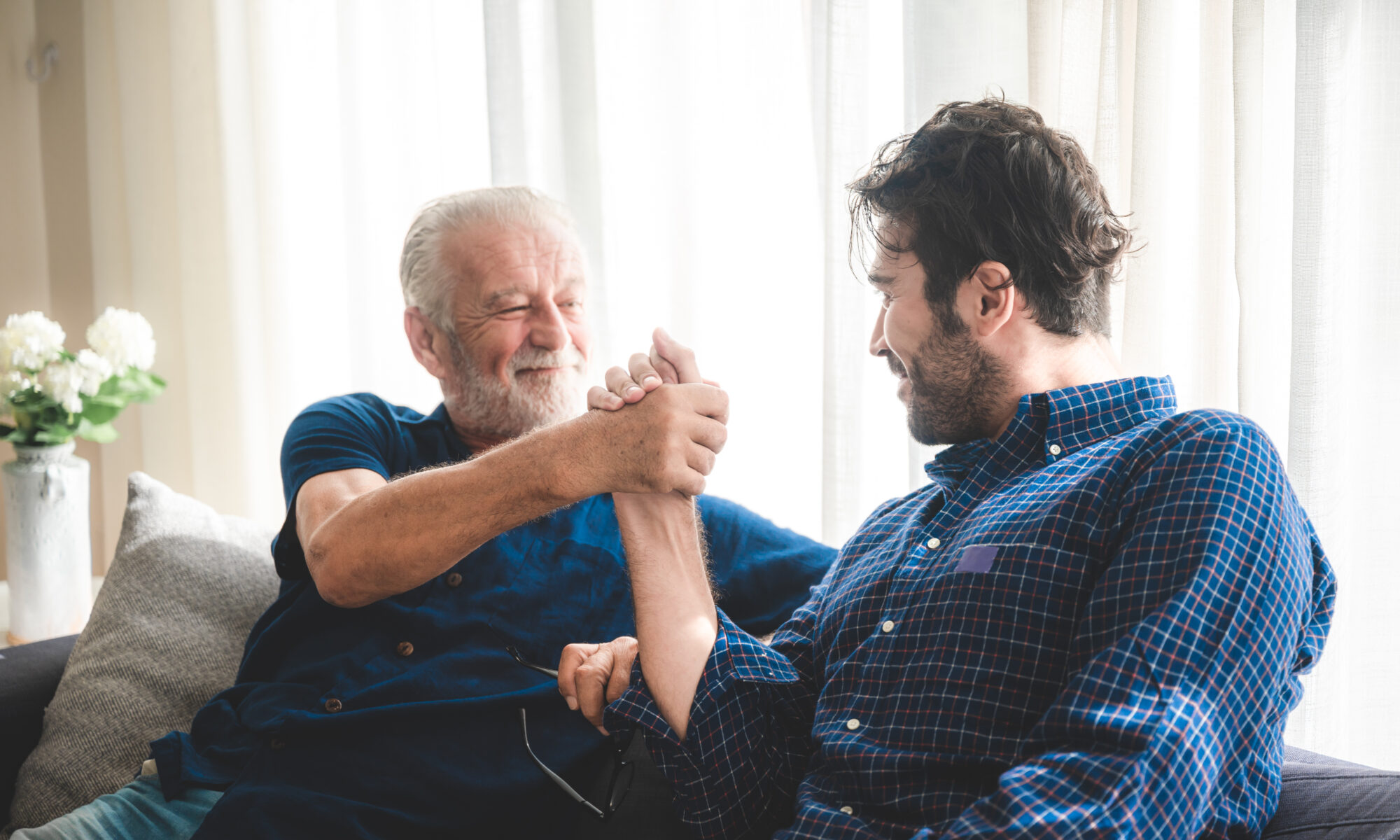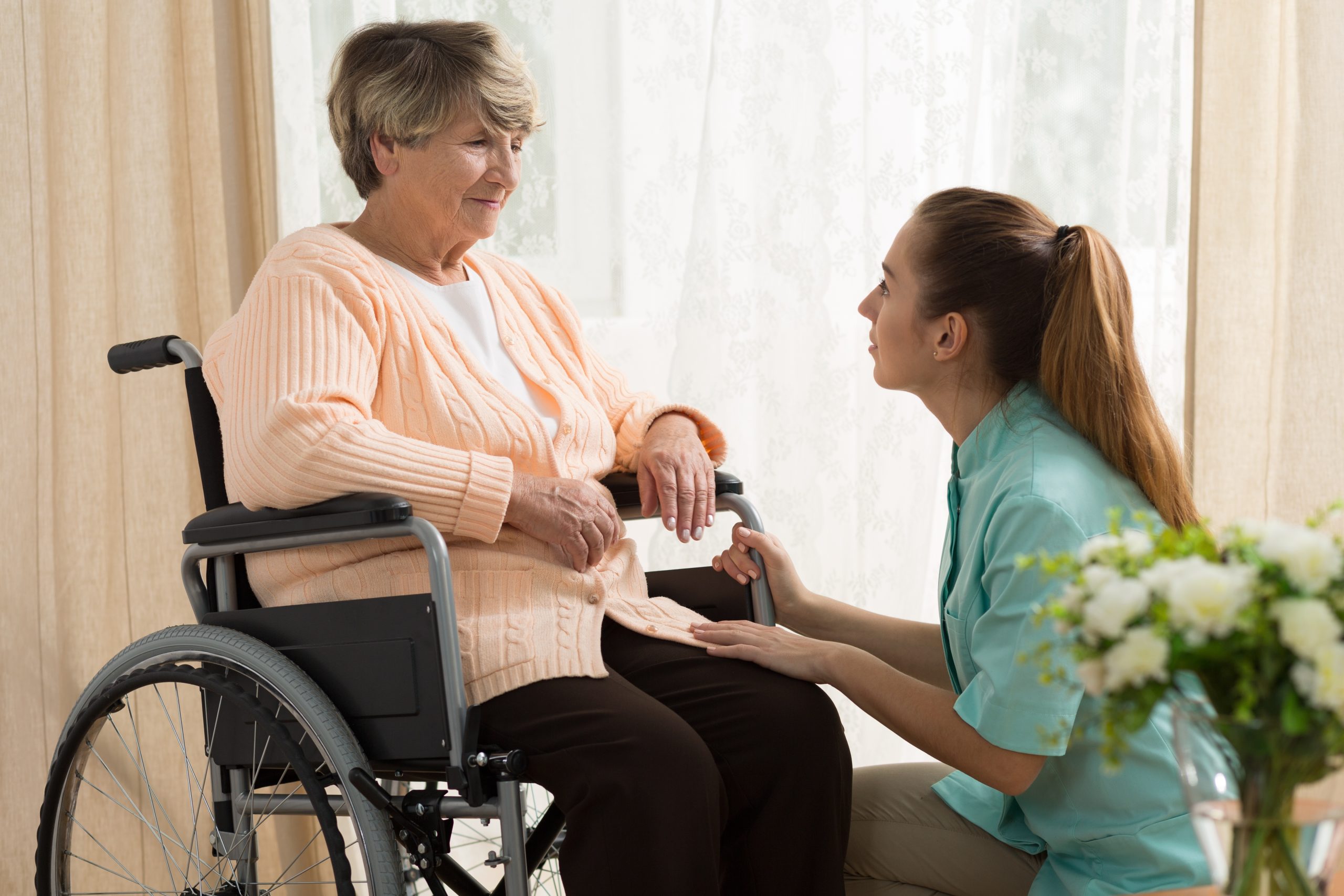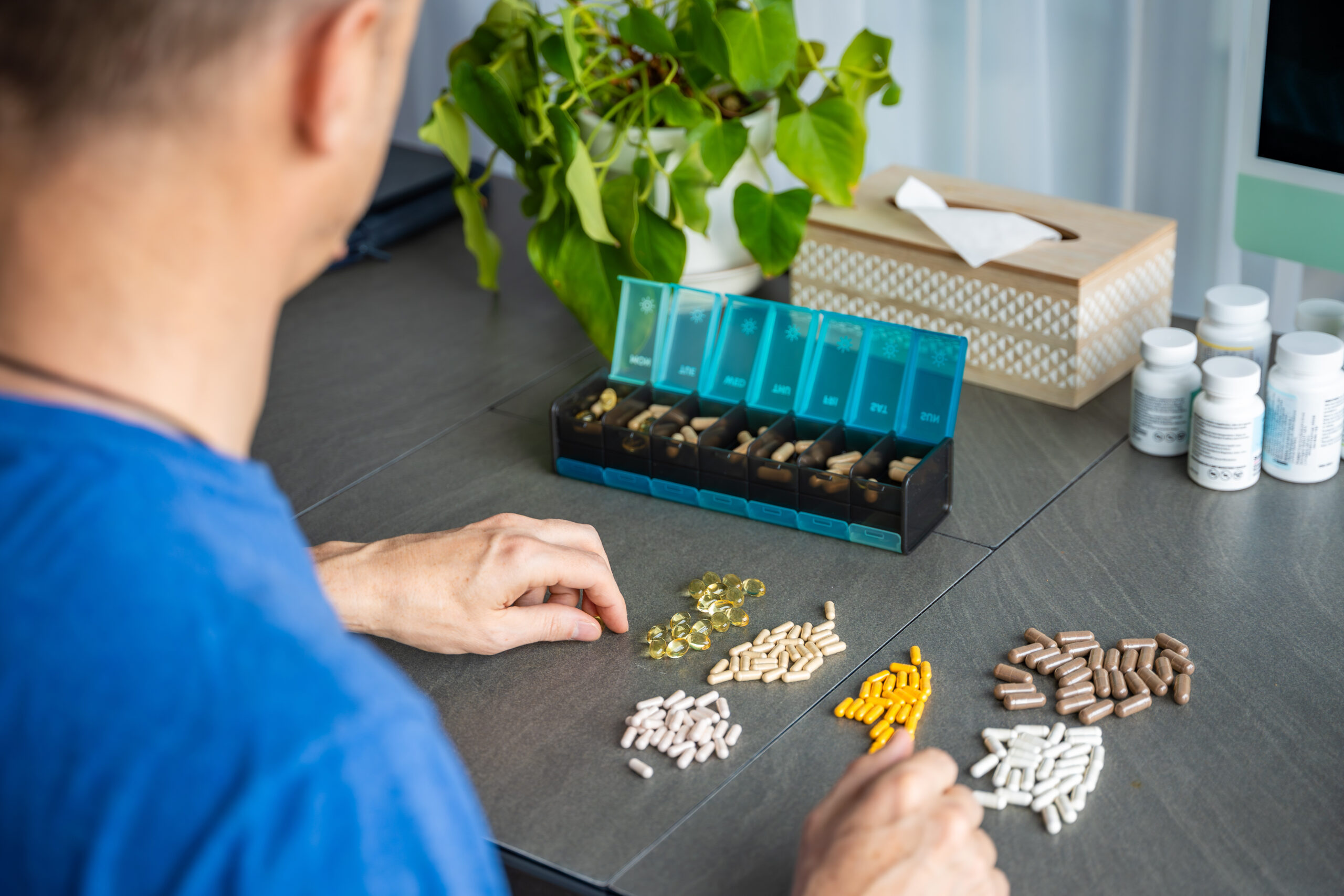
Table of Content
A stroke is a life-altering event that impacts not only the individual who experiences it but also the person’s caregivers. If you’re supporting a stroke survivor, understanding the recovery process can make all the difference in providing effective care and support. Here’s what every caregiver needs to know about navigating stroke recovery.
Understand the Recovery Journey
Stroke recovery isn’t a one-size-fits-all process. The type, severity, and location of the stroke play a significant role in shaping the recovery timeline and outcomes. Some stroke survivors may regain their abilities quickly, while others may face a longer rehabilitation process. Patience and a thorough understanding of your loved one’s medical condition are essential, as recovery can vary drastically from one individual to another.
Healthcare professionals often recommend a combination of physical therapy, occupational therapy, and speech therapy based on your loved one’s specific needs. Collaborating with your loved one’s medical team will equip you with the knowledge to tailor care appropriately. Remember, stroke recovery is a marathon, not a sprint.
An in-home caregiver can be a wonderful source of support for a senior who is recovering from a stroke. Families looking for top-rated elder care providers can reach out to Assisting Hands Home Care. From respite care to specialized Alzheimer’s, dementia, stroke, and Parkinson’s care, there are many ways we can make life easier for seniors and their loved ones.
Encourage Physical Rehabilitation
One of the most critical aspects of stroke recovery is physical rehabilitation. Stroke survivors often face impairments such as weakness or paralysis on one side of the body. Physical therapy can restore mobility, build strength, and increase motor skills.
Here’s how caregivers can support rehabilitation efforts:
- Assist with exercises prescribed by the therapist to increase flexibility and muscle strength.
- Encourage movement throughout the day to prevent muscle stiffness and increase circulation.
- Use assistive devices like canes or walkers, if recommended, to facilitate safe mobility.
For caregivers, consistency is key. While it may feel repetitive, each small step contributes to your loved one’s overall progress.
Support Mental and Emotional Health
The emotional toll of a stroke is often overlooked but just as important as physical recovery. Stroke survivors commonly experience anxiety, depression, or frustration as they adjust to changes in their abilities and lifestyle. As a caregiver, fostering a sense of encouragement and emotional stability can make a significant impact.
Some helpful ways to support mental health include:
- Actively listening to your loved one’s concerns and emotions without judgment
- Encouraging participation in stroke survivor support groups where your loved one can connect with others who understand his or her experiences
- Assisting with setting achievable goals to rebuild confidence and self-esteem
Don’t forget to monitor your loved one’s mood and behavior closely, seeking professional mental health support if needed.
Adapt the Home Environment
Creating a safe and accessible living environment is essential for stroke survivors. Modifications to the home can help you accommodate mobility challenges and reduce the risk of accidents.
Key adjustments might include:
- Installing grab bars in bathrooms and along stairways
- Clearing pathways of clutter to ensure wheelchair or walker accessibility
- Securing rugs and carpeting to avoid tripping hazards
- Placing frequently used items like kitchen supplies and medications within easy reach
A well-adapted home can empower a stroke survivor to regain independence and prevent setbacks, such as falls or injuries.
The type of home care service Arlington seniors need can vary. Some need assistance a few hours a day, while others require more extensive around-the-clock assistance. At Assisting Hands Home Care, we tailor our care plans based on each senior’s individual care needs, and the plans can be adjusted at any time. We are a trusted provider of respite and 24-hour care, and we also offer specialized Alzheimer’s, dementia, Parkinson’s, and stroke care for seniors.
Take Care of Yourself as a Caregiver
While your primary focus may be on your loved one, taking care of your own wellbeing is crucial. Caregiving is both physically and emotionally demanding, and burnout can hinder your ability to provide effective support.
Tips for caregiver self-care:
- Set boundaries to manage both caregiving and personal responsibilities.
- Take breaks to recharge, whether it’s for an hour of relaxation or a day off with professional respite care support.
- Join caregiver support groups to share experiences and gain valuable insights from others in similar situations.
- Pay attention to your own physical and mental health, and seek help when needed.
By prioritizing your health, you’ll be better equipped to care for your loved one in the long term.
Certain age-related conditions can make it more challenging for seniors to age in place safely and comfortably, but Arlington live-in care experts are available around the clock to help seniors manage their health. Whether your loved one is living with dementia or recovering from a stroke, you can trust the professional caregivers from Assisting Hands Home Care to enhance his or her quality of life. To hire a dedicated caregiver, call Assisting Hands Home Care today.








